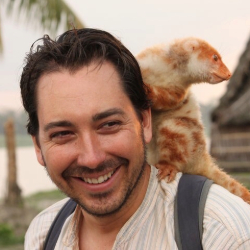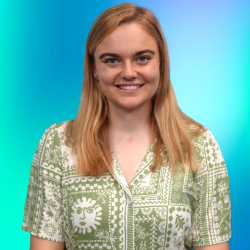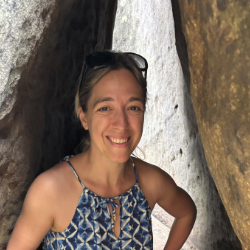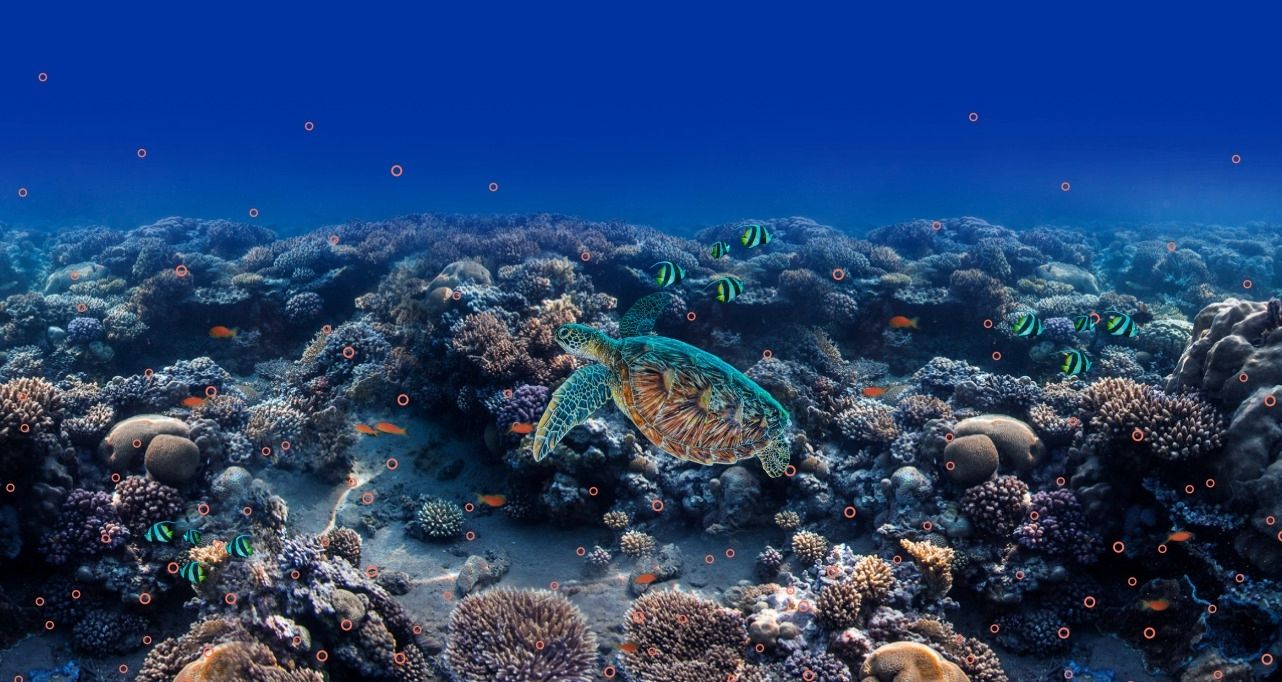Who we are
Overview: about the EBRDWho we are
Overview: about the EBRD
Our story
Learn about the EBRD's journey to investing more than €220 billion in over 7,800 projects.
- Our background and history
- Our organisation
- Our values
- Strategies, governance and compliance
- Project accountability
What we do
Overview: how the EBRD operatesWhat we do
Overview: how the EBRD operates
How we deliver systemic impact
Across three continents, the EBRD supports the transition to successful market economies.
- Where we work
- Products and services
- Sectors we work in
- Our projects
- Focus areas and initiatives
- Economic research
Work with us
Overview: how you can work with the EBRDWork with us
Overview: how you can work with the EBRD
What we offer for businesses
We draw on three decades of regional knowledge and financial expertise to tailor our products and approaches to each client's needs.
- Businesses
- Investors
- Donors
- Researchers
- Civil Society
- Alumni
- Nominee Directors
- Trade finance
- Careers
Coral reefs are among the most vibrant ecosystems on Earth, but they’re also some of the most vulnerable. As the planet warms, the race is on to protect and restore these underwater worlds.
The European Bank for Reconstruction and Development (EBRD) has released the third episode of Nature Unheard, its podcast series exploring the powerful connection between people and the planet, and the groundbreaking ideas shaping our environmental future.
The new episode, entitled “Clean seas: can coral reefs make a comeback?”, takes listeners beneath the waves to see how science, policy and local action are helping to heal the ocean.
Joining hosts Adonai Herrera-Martínez and Emma Bentley is Dr David Obura, one of the world’s leading marine ecologists, Chair of the Intergovernmental Science-Policy Platform on Biodiversity and Ecosystem Services (IPBES) and founding director of Coastal Oceans Research and Development in the Indian Ocean (CORDIO) East Africa.
From the resilient coral gardens of Aqaba in Jordan to the deep blue reefs of Kenya, this episode looks at how rising sea temperatures and pollution are threatening these vital ecosystems, and how scientists are using cutting-edge restoration techniques – from coral nurseries to micro-fragmentation – to bring them back to life.
You can listen to Nature Unheard on Spotify, Apple Podcasts and YouTube.
The EBRD is working with the Global Environment Facility (GEF) to safeguard coastal ecosystems by promoting technologies that reduce water pollution and eliminate persistent organic pollutants. And with support from France, Germany, Spain and Sweden (all donors to our Blue Mediterranean Partnership), the Bank is protecting marine ecosystems across the southern and eastern Mediterranean.
Co-produced by Olga Aristeidou and Cecilia Calatrava.
Hosts:

Adonai Herrera-Martinez

Emma Bentley

Rachael Barza

